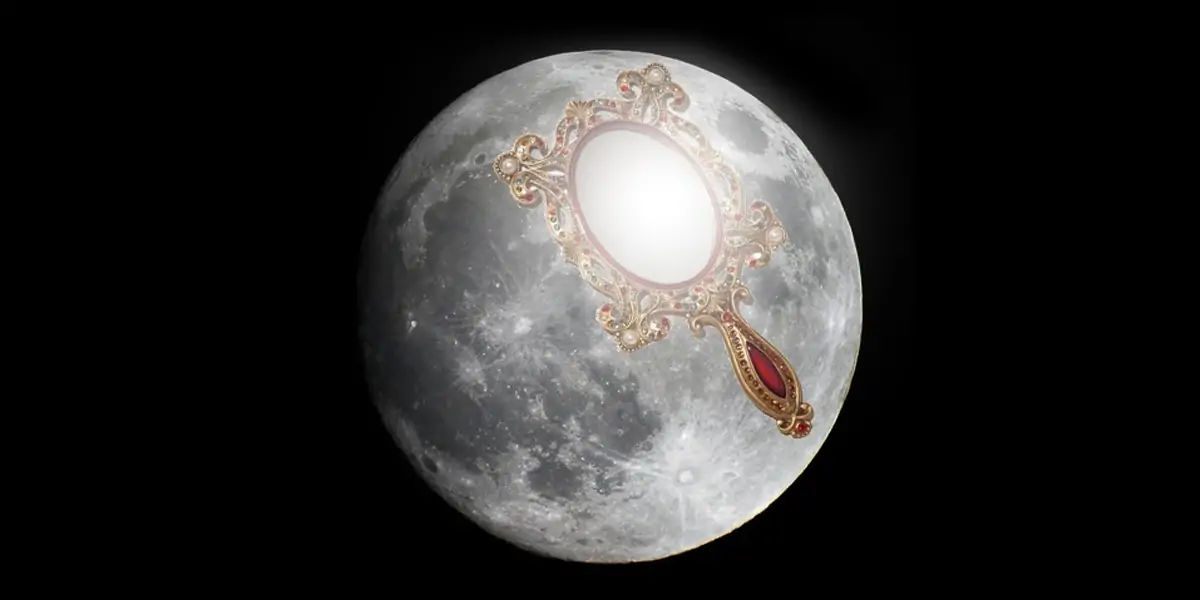
We've all had the pleasure of sipping perfectly delicious orange juice after cleaning our teeth, only to find it tastes more like unsweetened lemon juice. It turns out that taste receptors are sensitive enough that some substances in meals and medications can modify our capacity to detect one of the five main flavors. Most toothpaste contains the foaming ingredient sodium lauryl/laureth sulfate, which appears to temporarily block sweetness receptors. This is not rare. Cynarin, a chemical found in artichokes, temporarily suppresses your sweet receptors. The cynarin is then washed away when you drink water, causing your sweet receptors to "wake up" and make the water taste sweet. Miraculin, a chemical found
























